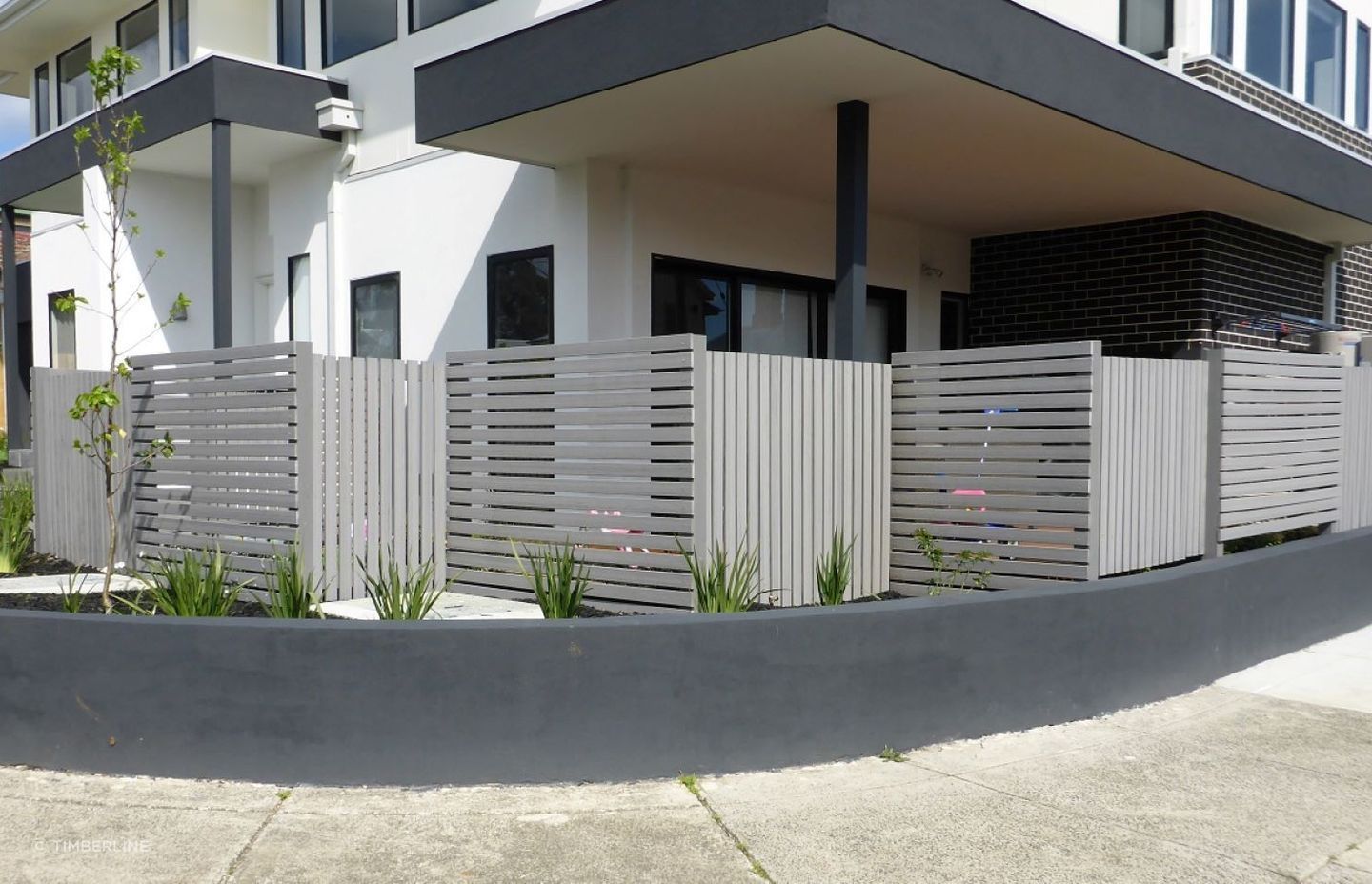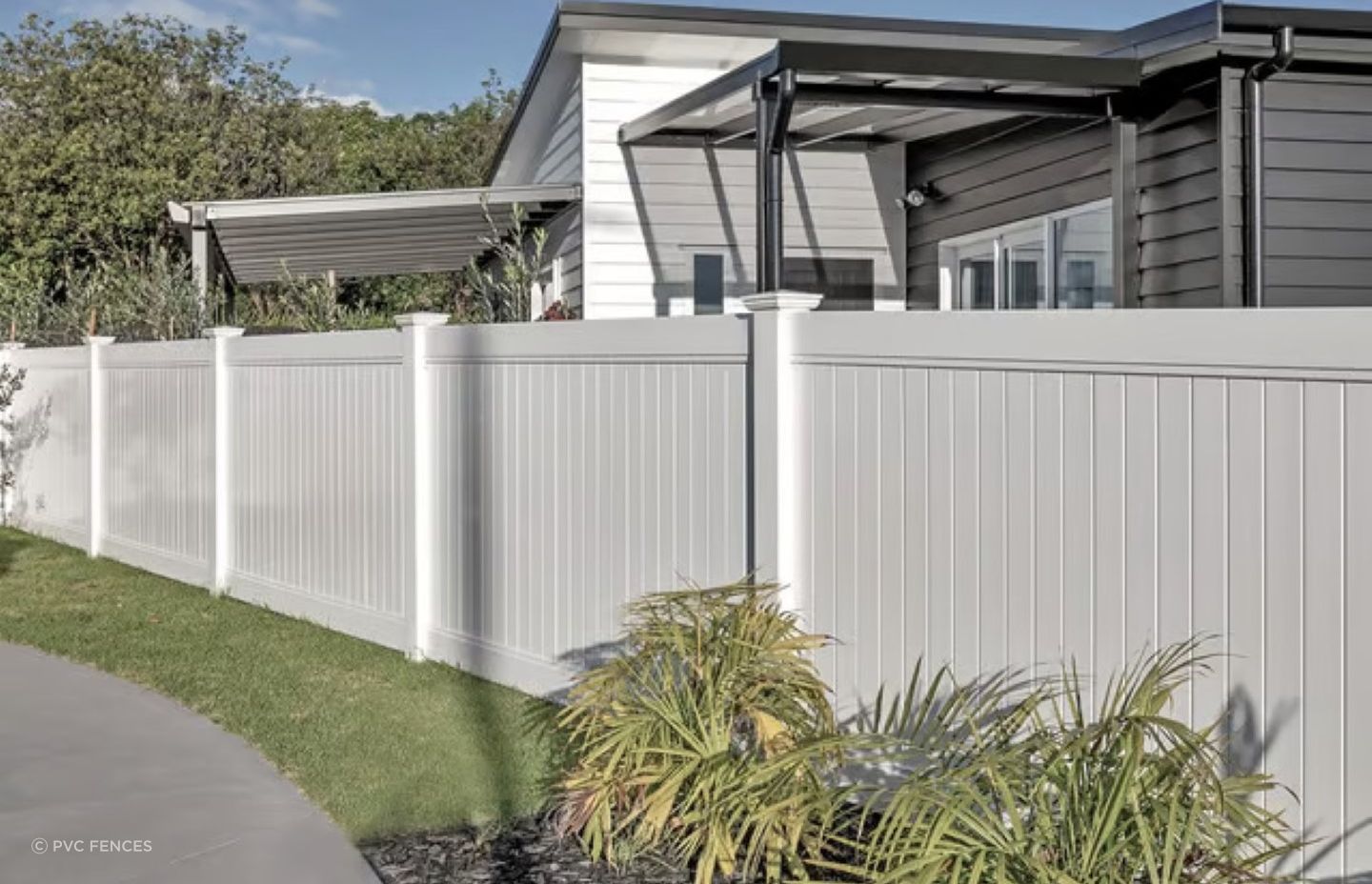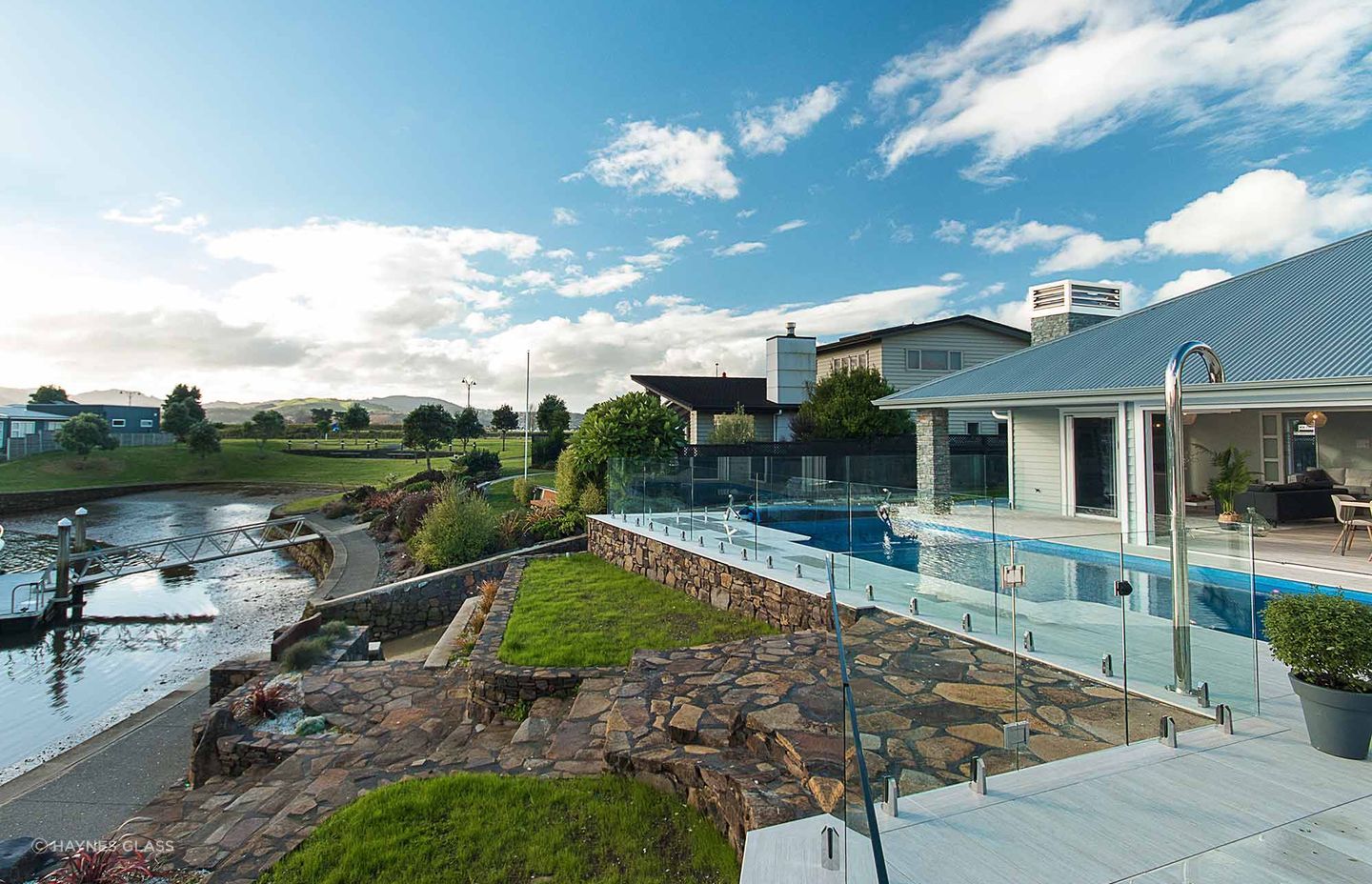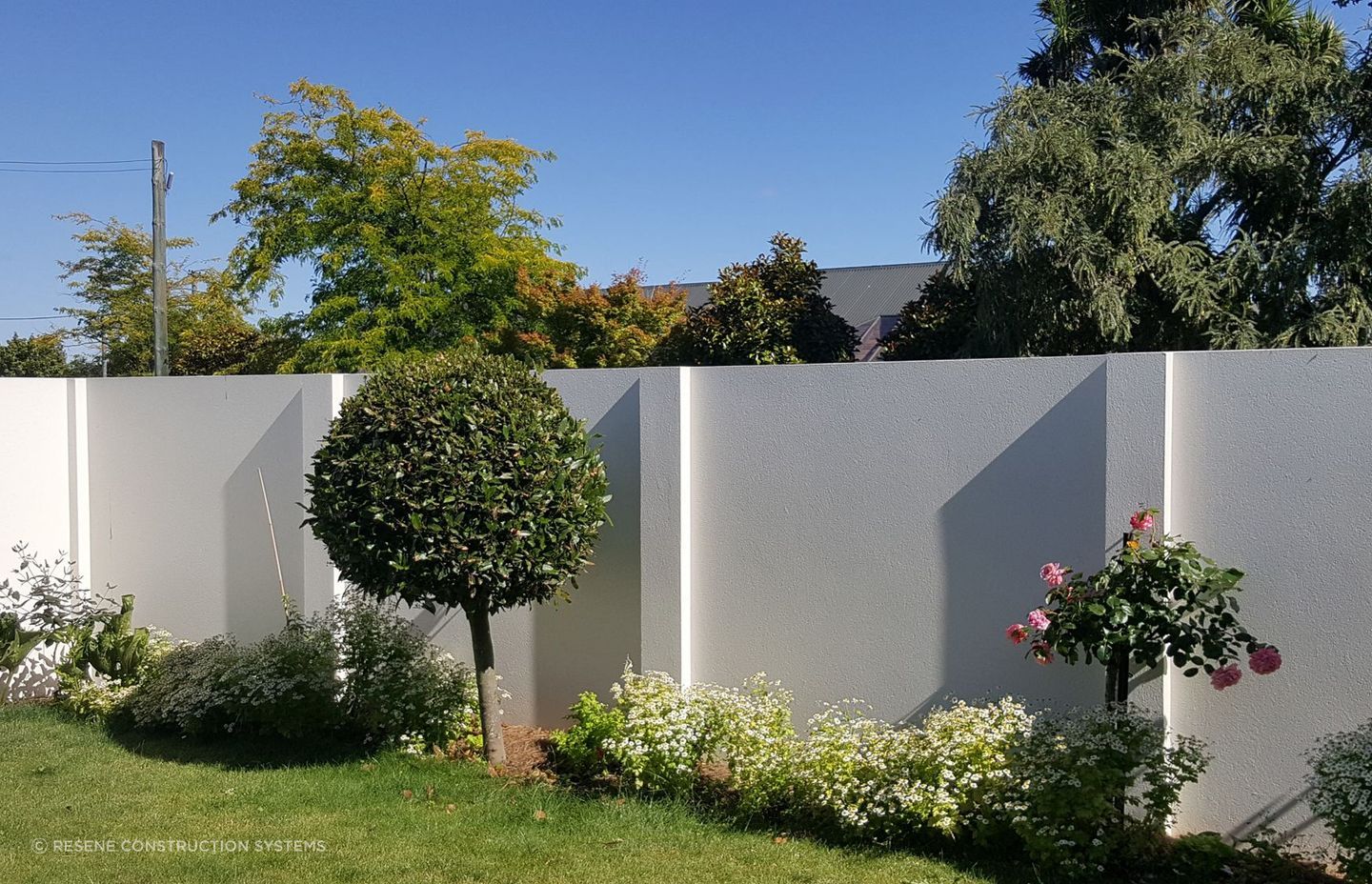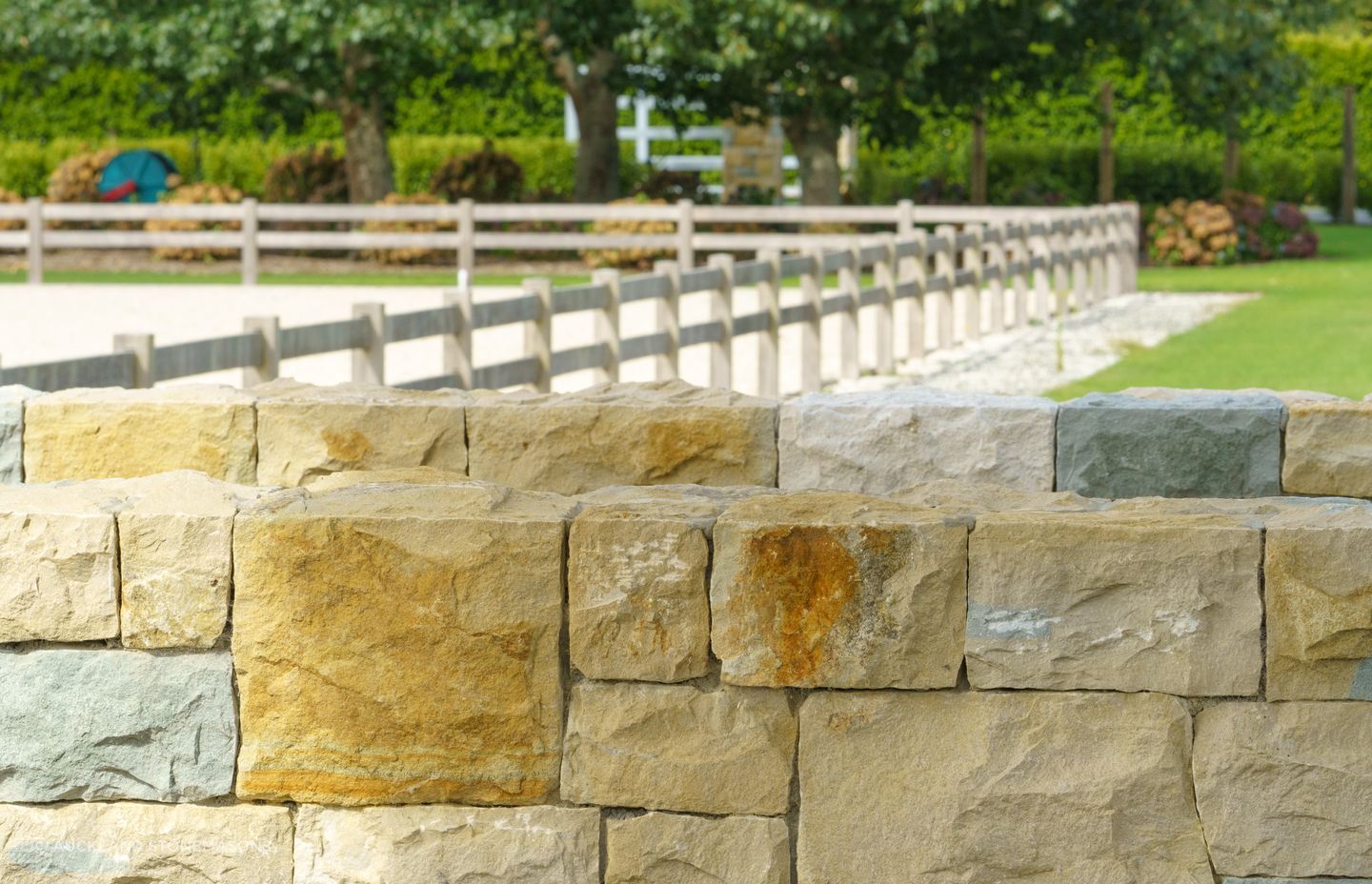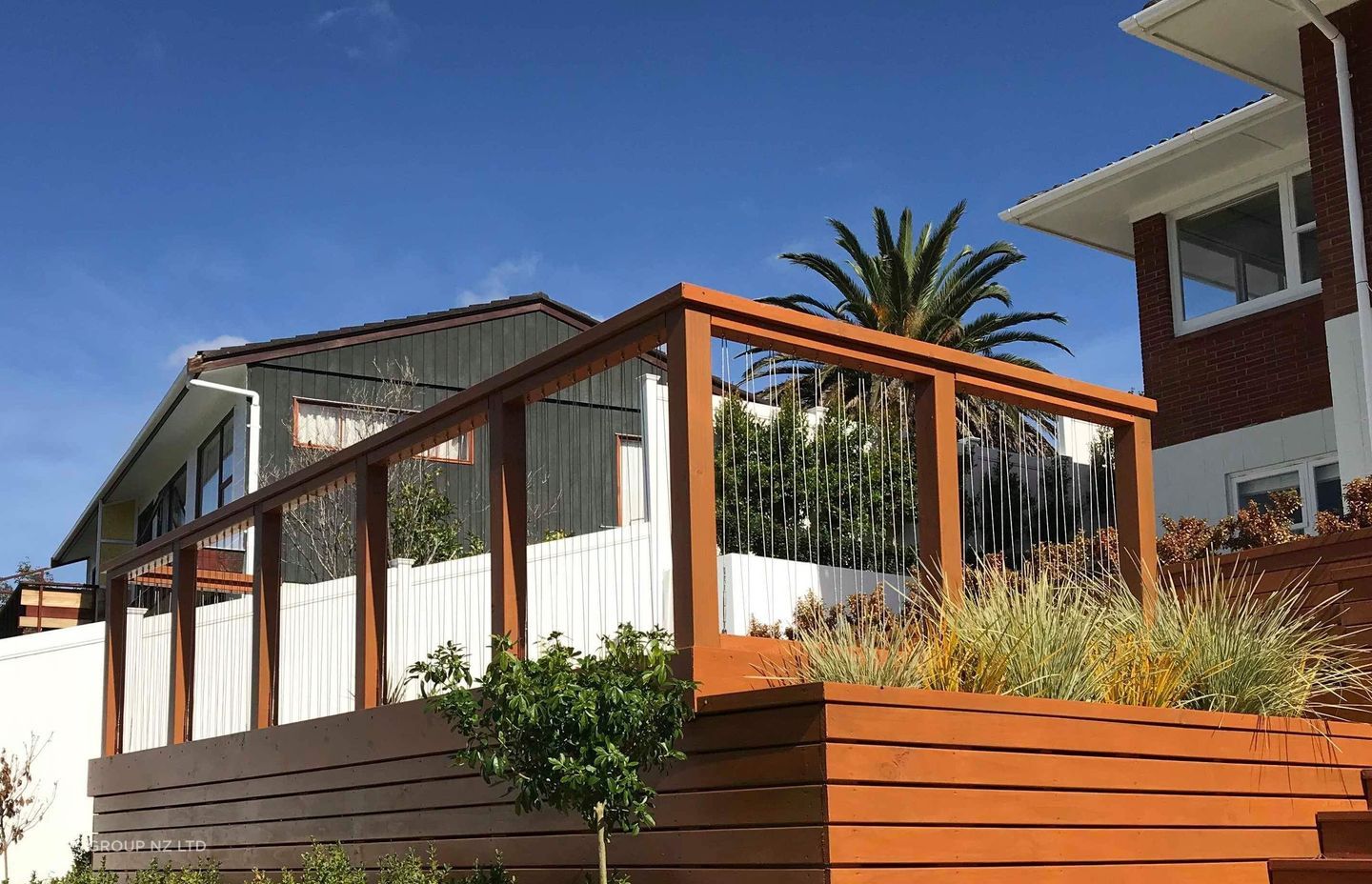Different types of fences for New Zealand homes: A close look at their pros and cons
Written by
20 July 2023
•
10 min read
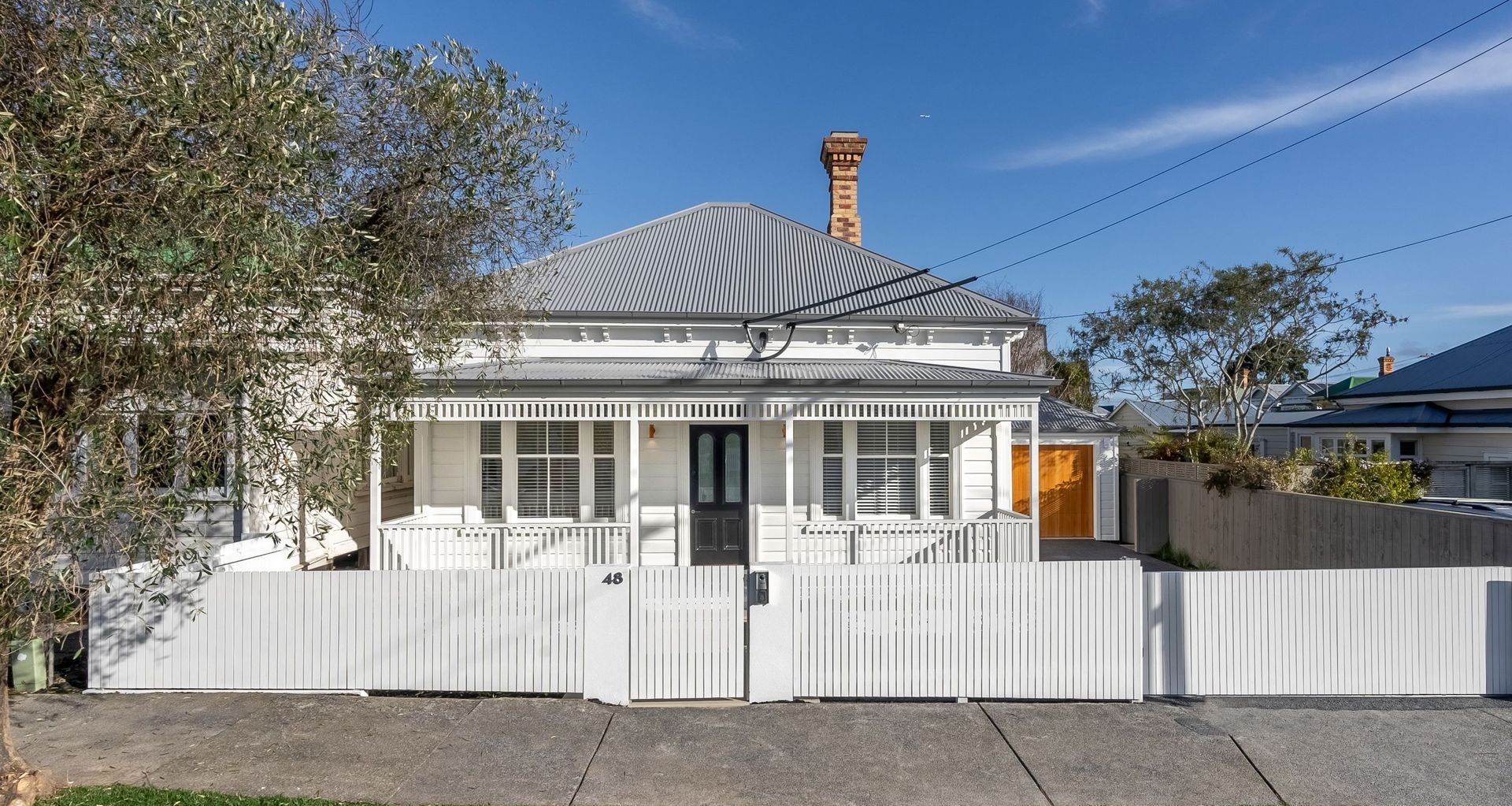
Choosing a fence for your home is quite an involved process that starts by first deciding what type of fence you need. You could easily spend hours researching each and every single style but we thought we’d save you some time by identifying the main ones and summarising their pros and cons so you can hit the ground running.
1. Wooden fences
Wood fences are one of the most popular types of fencing for homes in New Zealand. They are widely available in many types of timber and styles like the picket fence, paling fence, privacy fence and more. While affordable, easy to work with and aesthetically pleasing, a wooden fence can require ongoing maintenance and is susceptible to pests and rot.
Pros of wooden fences
- Affordable pricing across a wide range of types and styles
- Customisable and easy to work with
- Renewable resource
- Warm aesthetics
Cons of wooden fences
- Ongoing maintenance is required to protect against the weather, rot and pests
- Lower quality and untreated wood fences are prone to deterioration
- Flammable material
Browse a great range of timber fencing solutions on ArchiPro
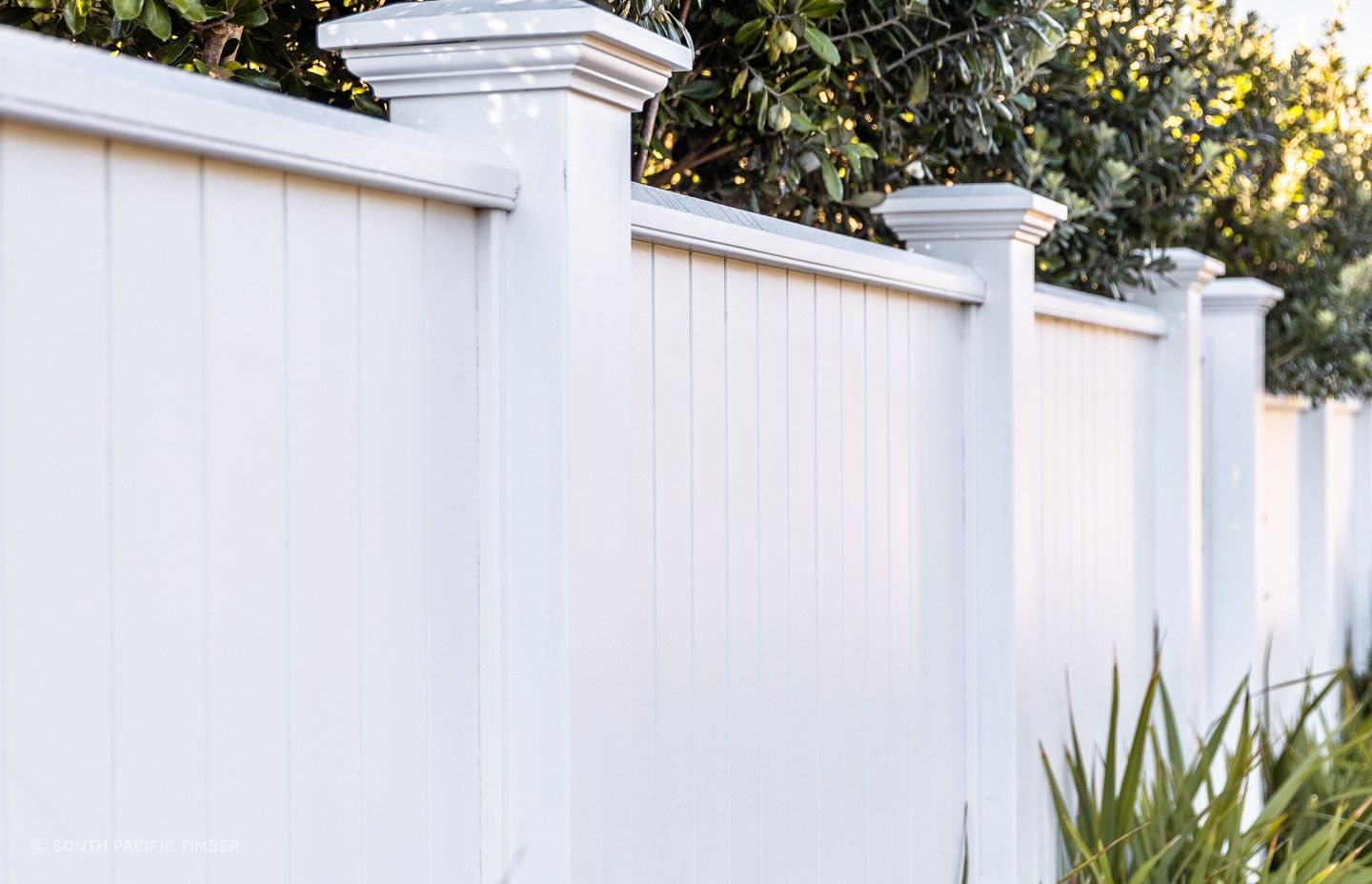
2. Composite fences
Composite fencing combines wood fibres with plastic polymers to create a durable and low-maintenance fencing solution. It can have similar aesthetics to wood fencing without the same upkeep. It can be a little more expensive in comparison to some timber options and is prone to warping with big temperature changes if not installed properly.
Pros of composite fencing
- A low-maintenance choice that does not require painting or fencing
- A durable option, resistant to rot and decay
- An eco-friendly choice made nearly entirely from recycled materials
- Wide range of colour options and styles
Cons of composite fencing
- Can be slightly more expensive than some timber alternatives
- The faux wood look isn’t for all
- Can expand and contract with dramatic temperature changes
Related article: What is composite fencing and why is it so popular?
3. Aluminium fences
Aluminium fences are a great contemporary choice that suits modern residential and commercial buildings. The physical characteristics of aluminium as a lightweight, durable and long-lasting material make it ideal for fencing. It can, however, be costly and slightly more complicated to install.
Pros of aluminium fencing
- A contemporary choice that's great for modern kerb appeal
- Durable and will not rust making it ideal for coastal locations
- Lightweight and versatile, available in a wide range of colours
- Low maintenance and is a recyclable material
Cons of aluminium fencing
- Has a higher upfront cost
- Installation can be challenging
- Not quite as strong as some other metal fencing options
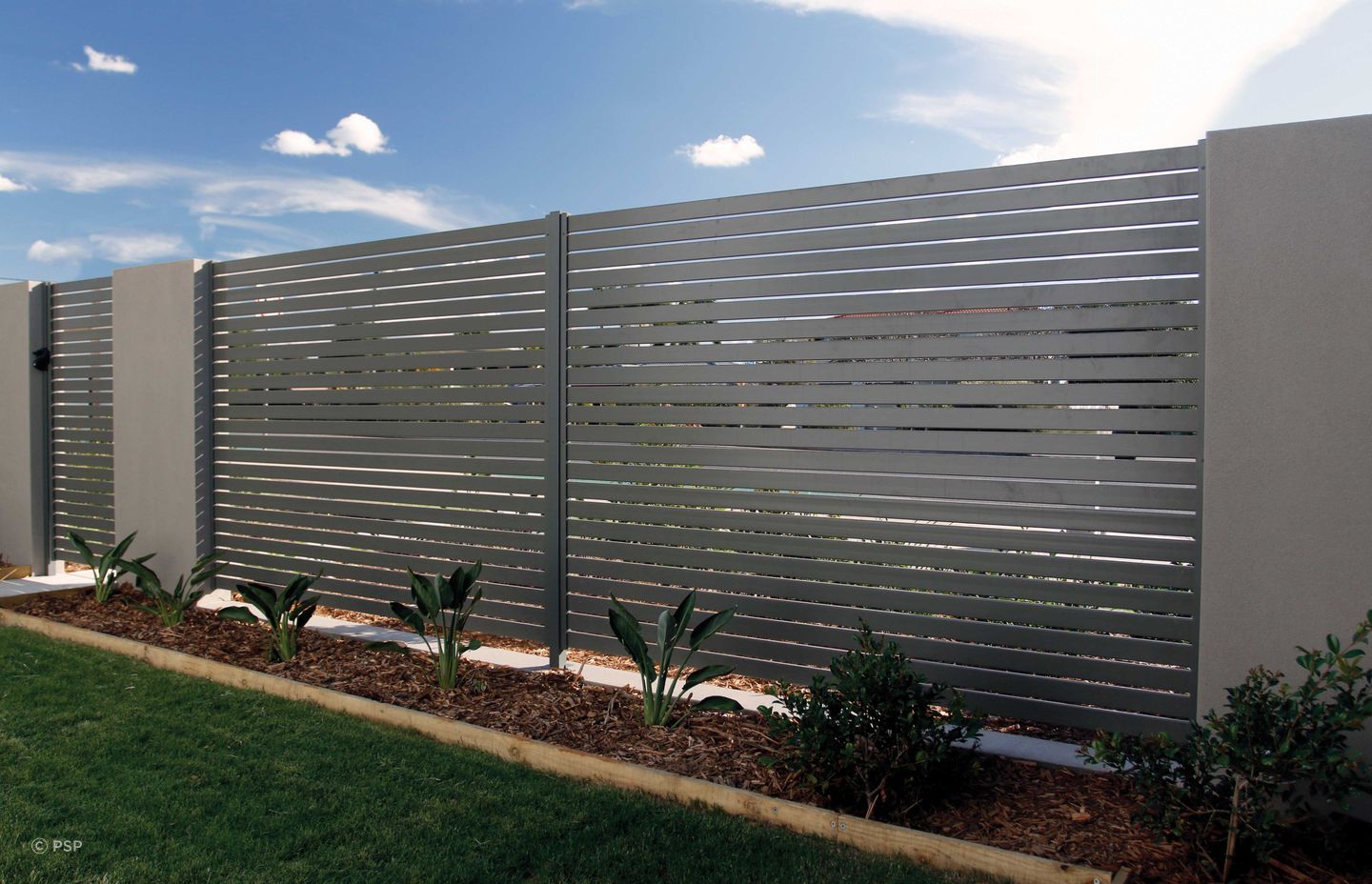
4. Steel fences
Steel fencing is an incredibly robust and durable option, often preferred as security and boundary fencing in commercial and industrial settings, though sometimes in residences too. Though incredibly strong, steel is heavy with professional installation nearly always required. Without a powder coated finish (or otherwise) it is susceptible to rust.
Pros of steel fencing
- Very strong and robust, perfect for high-security fencing
- A long-term choice that will last many years
- Versatile design options
- Non-combustible making it suitable for fire-prone areas
Cons of steel fencing
- The cost of steel can be high compared to other materials
- Steel fencing is very heavy and nearly always requires installation from a fencing professional
- Steel absorbs and retains heat making it hot to touch on sunny days
- Prone to rust if not properly coated, treated or a special type like stainless steel or corten steel
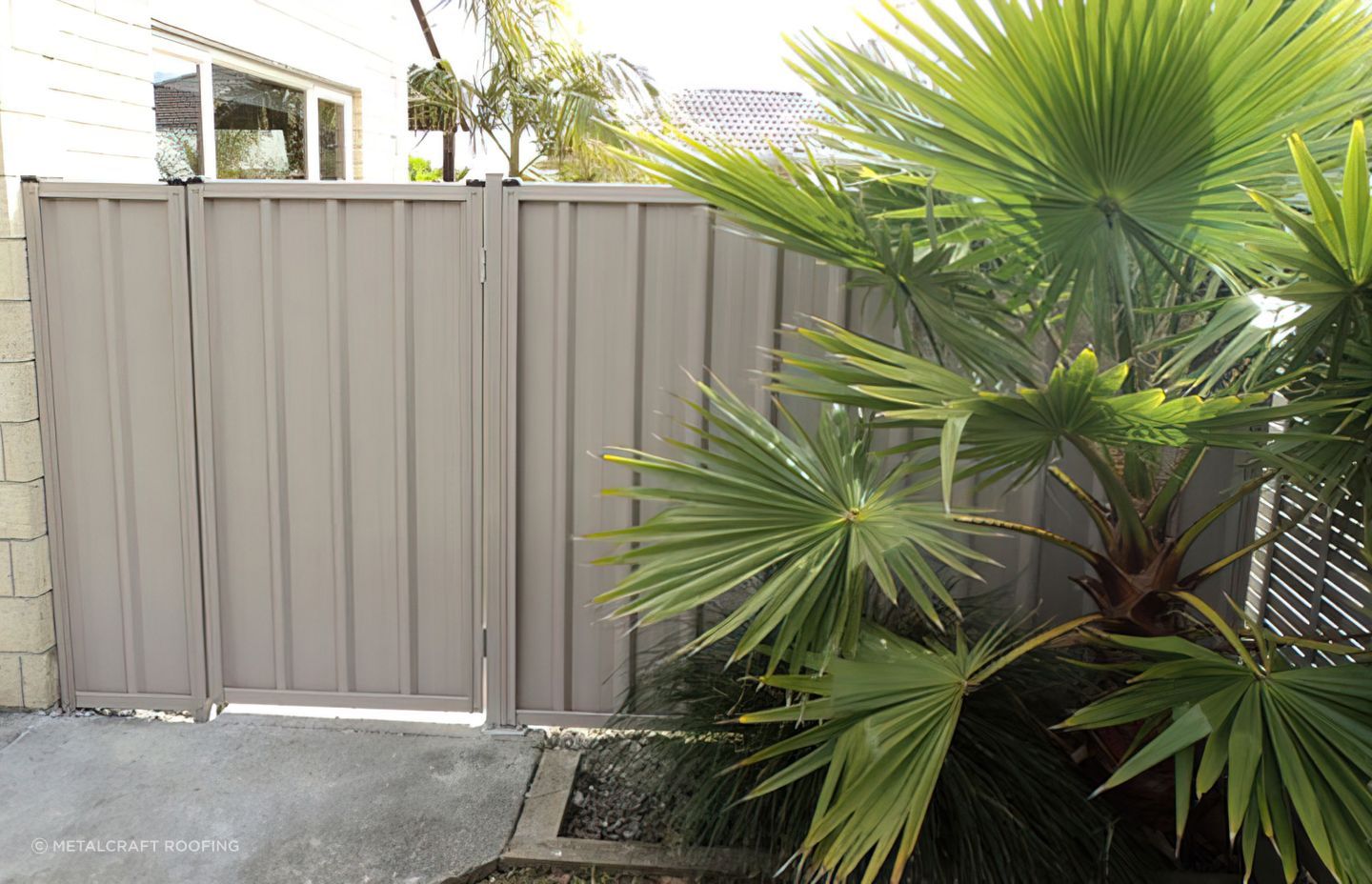
5. Vinyl fences
Vinyl fencing (also often referred to as PVC fencing) is made from polyvinyl chloride giving it traits and qualities like insect and rot resistance that natural alternatives do not. These low-maintenance attributes make it very appealing to some though others dislike the environmental impact these products can have.
Pros of vinyl fencing
- A low-maintenance choice resistant to rot, pests and fading
- Durable in most weather conditions including heavy rain, snow and UV rays
- Typically comes in pre-assembled panels making it easy to install
- A safe choice with no sharp points or edges like corners, splinters or nails
Cons of vinyl fencing
- Good quality options can be pricey
- Made from PVC (polyvinyl chloride), a plastic material derived from petroleum
- Prone to damage from high impact
- May discolour with prolonged exposure to sunlight
6. Glass fences
Glass fencing is a subtle and sleek choice for those who want a fencing solution that doesn’t obstruct the view. In homes in New Zealand, they are often used for decking and are also very popular as pool fencing. On the flip side to this, they don’t provide any privacy for an outdoor space and are probably not the right choice for those on a tight budget.
Pros of glass fencing
- Provide unobstructed views so you can fully appreciate your surroundings
- A contemporary and elegant choice for a home
- Don’t suffer from rot or rust and are fairly quick and easy to clean
- A versatile choice that can be used in a variety of ways i.e. decks, terraces, pools and more
Cons of glass fencing
- Pricing can be high for those on a tight budget
- Even with tempered or toughened glass, it is prone to chipping and cracking
- Dirt and smudges are more visible on glass, requiring cleaning more often
- Glass is not a great option for privacy fencing
Related article: Things to know about glass pool fencing in New Zealand
7. Wrought iron fences
Wrought iron fencing has a rich history having been used all around the world for centuries. For this reason, they have a timeless and classical appeal with practical strengths like robustness and durability. As you may already know, they are incredibly heavy, can be pricey and might not suit everyone’s tastes.
Pros of wrought iron fencing
- Rich history and a timeless aesthetic
- Formidable strength and appearance, a great choice when security is a priority
- Can last decades if not more
- Skilled fabricators can create a range of interesting designs
Cons of wrought iron fencing
- Often requires a significant initial investment
- Requires skilled installation with specialised machinery
- Some treatment or coating needed to mitigate corrosion
- Designs can feature sharp edges, posing a safety risk for children
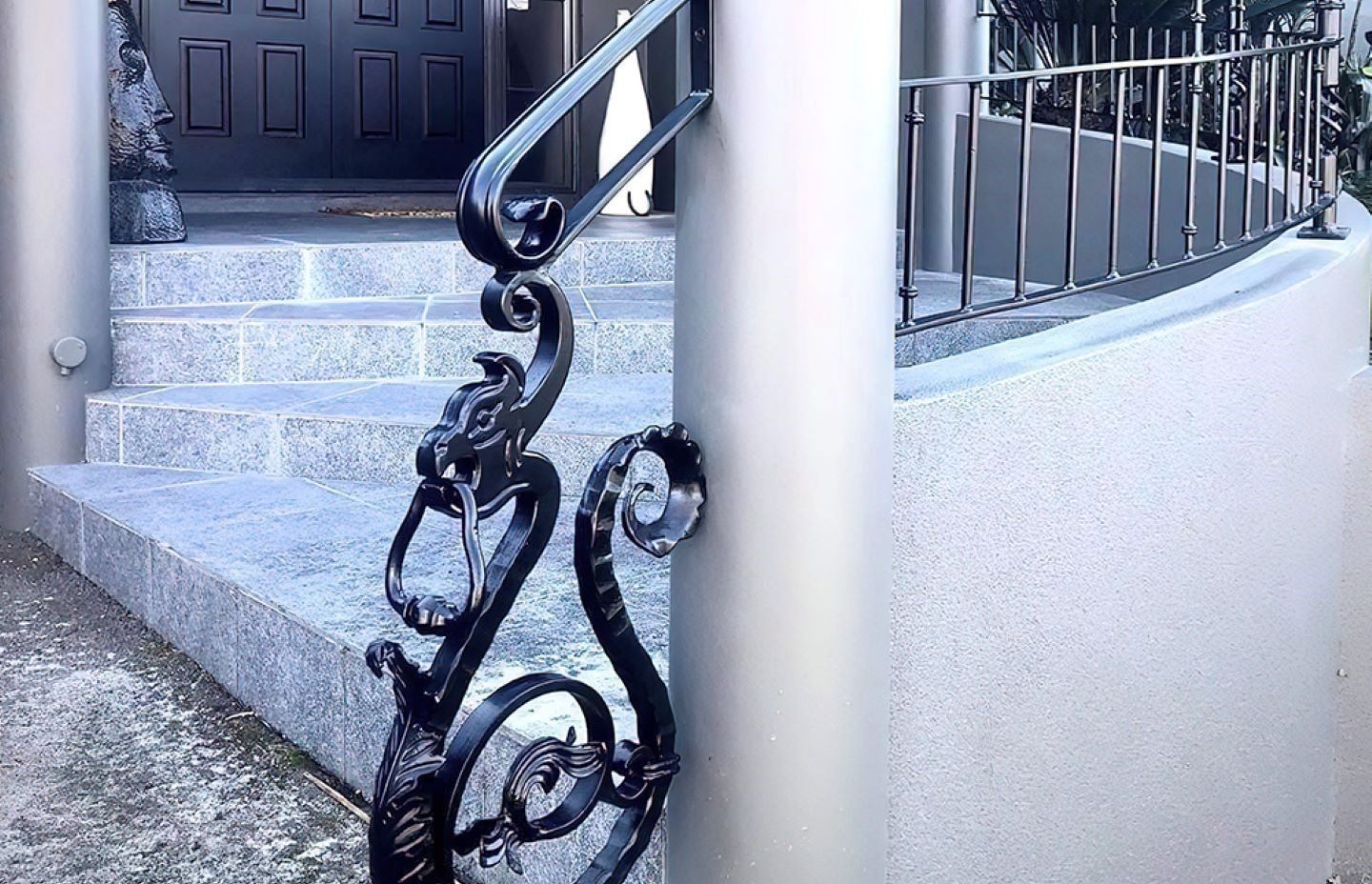
8. Concrete fences
Concrete fences or concrete block walls are sturdy, permanent solutions to consider around your property line. They are great for privacy and security with no gaps or panelling to see through but they are a labour-intensive option to install and don’t offer much variety in terms of styling and aesthetics.
Pros of concrete fencing
- Sturdy and strong solution that will stand up against most weather conditions
- They perform well as privacy fences and security with no gaps to peer through
- A permanent, long-term choice
- Effective at reducing noise pollution
Cons of concrete fencing
- Labour-intensive installation is required due to the weight and complexity of materials
- Not as much choice as far as aesthetics and styling
- Difficult to move or adjust once completed
- Cracks can naturally form requiring treatment
9. Stone wall fences
Stone wall fences, also known as stone or rock walls, are a bold and natural fencing option that adds rustic vibes to any home. They offer great longevity and are very robust but take a while to install and are not as versatile as other choices.
Pros of stone walls
- A charming, rustic aesthetic with natural vibes
- Stones are among the more eco-friendly fencing materials with no chemical treatments required
- Great longevity and durability
- Another good option for privacy and security
Cons of stone walls
- Can be costly to install due to the weight of materials and complexity of work required
- Aesthetic styles are limited and may not suit all architectural designs of homes
- They are not completely impermeable, leaving gaps for water and wildlife to pass through
- Occasional repairs may be required from ground movement and extreme weather events
10. Net and wire fences
Wire and net fencing is not as common in urban areas compared to some other fencing options but are still well worth considering given their cost-effectiveness, especially over larger sections. They do tend to be more functional than decorative and don’t offer much privacy.
Pros of wire and net fences
- A cost-effective option when choosing a fence
- Fairly simple installation for most professionals
- Offer good visibility where a line of sight is required especially in lifestyle and rural settings
- Lightweight and versatile
Cons of wire and net fences
- Often used for more functional purposes, sometimes as temporary fencing
- Aren’t necessarily designed with aesthetic appeal in mind
- Isn't as durable as other options and can be damaged by external forces
- Not a strong option for security unless one’s choosing barbed wire fencing
Browse the latest wire and net fencing solutions on ArchiPro
11. Chain link fencing
Chain link fencing is typically associated with commercial and industrial settings but not exclusively so. As a matter of fact, they can also be a cost-effective solution for the home and a quick fix if time is of the essence. The aesthetics are a touch limited however and they can be vulnerable to damage.
Pros of chain link fences
- An affordable choice for those looking for a budget-friendly solution
- They are also very low-maintenance with no painting or staining required
- Chain link fences have a familiar look offering good lines of sight
- When made from galvanised or coated steel they are resistant to rust
Cons of chain link fences
- Aesthetically, they fall behind more modern design alternatives
- They are not the most secure fencing solution on the market
- Not much privacy is offered in their design
- They aren’t able to block out much noise for those who live in busy areas
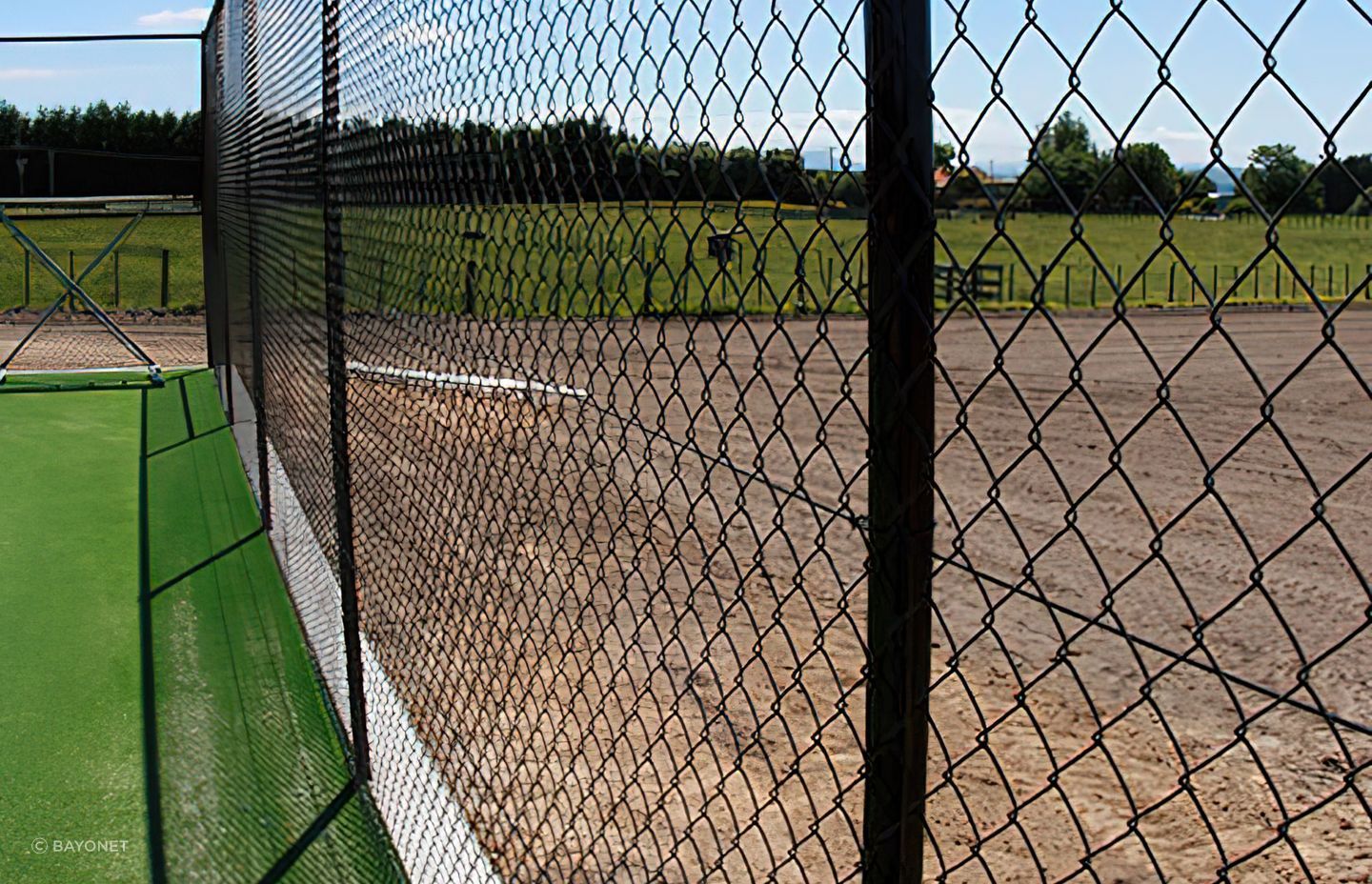
12. Green wall fences
Green wall fences, also known as living walls, are a unique and visually appealing form of fencing that incorporates plants and foliage into its structure. They have great environmental credentials but do require a bit of expertise and upkeep to thrive.
Pros of green wall fences
- Natural and stunning appearance can be achieved
- Strong environmental credentials
- Efficient and effective noise absorption characteristics that offer privacy too
- Provides habitat and support for various pollinators, contributing to local biodiversity
Cons of green wall fences
- Requires a strong level of commitment to retain the health of the green wall
- Professional expertise is required for planning, installation and often maintenance too
- They can be more costly to install and maintain than alternatives
- Vulnerable to extreme weather conditions and events
Related article: The true cost of fencing in New Zealand
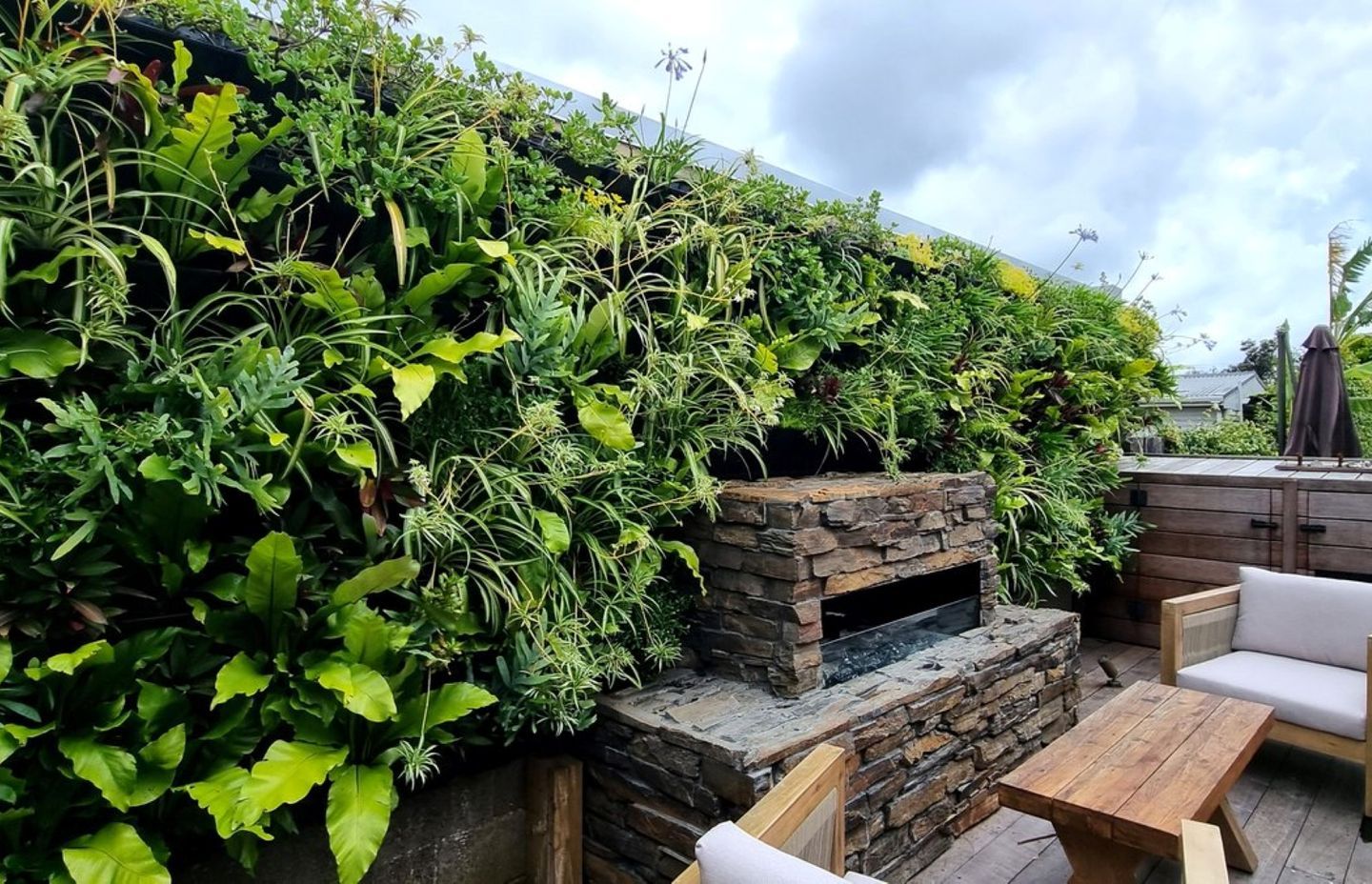
A comprehensive guide to the different types of fences in New Zealand
With all the main types of fences available in New Zealand covered, you hopefully now have a good understanding of the different options and the respective advantages and disadvantages they have. What’s important when picking the right choice for you is to think about your needs and requirements as well as the architectural style of your home and the weather conditions you typically experience. There might be one choice that stands out or a few if you’re lucky, allowing you to select to specific traits you want in your fence that will serve you for years to come.
Discover a huge range of high-quality fencing solutions on ArchiPro
